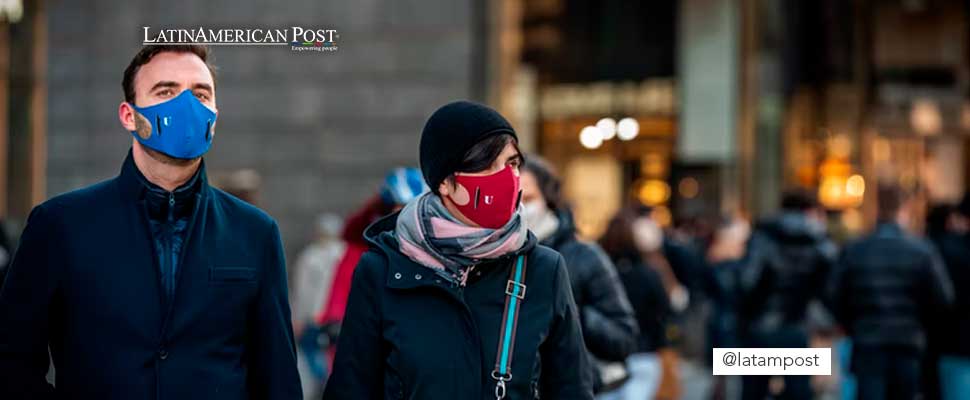Persistent COVID: A New Challenge For Humanity
Scientific Evidence Has Found That There Is A Post COVID-19 Syndrome, With 200 Associated Symptoms.

There are a series of conditions related to the spread of the SARS-CoV-2 virus that are known as long-term COVID. Photo: Unsplash
LatinAmerican Post | María Fernanda Ramírez Ramos
Listen to this article
Leer en español: COVID persistente: un nuevo desafío para la humanidad
Headaches; shortness of breath and pressure in the chest; chronic fatigue and muscle pain; vision problems, lack of smell and taste; hair loss; anxiety, stress or depression and memory problems have become the daily lives of many people who were infected with coronavirus and after more than 2 months, are still affected by it.
The World Health Organization has said that typically people recover 2 to 6 weeks after COVID-19 infection. However, there are a series of conditions, related to contagion by the SARS-CoV-2 virus that are known as long-term COVID, prolonged COVID-19, persistent COVID-19 or simply long-term effects of COVID-19. These have aroused the interest of the scientific community and millions of people around the world who say they feel that the disease "stole" their well-being and, in many cases, their youth or vitality.
Prolonged COVID-19 not only affects patients who were hospitalized or developed the disease severely, it can also affect people who did not have strong symptoms or who were even asymptomatic. Likewise, people of different ages or sexes can be presented. Symptoms can appear after infection and not go away, as is common with loss of taste and smell, or they can appear weeks after the disease, for example with hair loss.
Dr. Janet Díaz, head of Clinical Management of Health Emergencies of the WHO , has expressed that the evidence shows that these effects can last up to 9 months. However, given the time that the pandemic has lasted, more clinical studies are still needed to understand what its duration really is and to better understand this condition.
There are still many unknowns about this syndrome. Finding the causes and the appropriate treatment is today one of the challenges of the scientific community. In addition, governments and companies must analyze how to proceed in the face of this new phenomenon, as there are cases in which people feel that fatigue, and other symptoms, prevent them from living their lives to the fullest. However, it is not an issue that only affects adults. The Center for Disease Prevention and Control has identified that some people, most often children, suffer from multisystem inflammatory syndrome (MIS) after becoming infected with COVID-19. It manifests as widespread inflammation that can affect the heart, lungs, brain, skin, eyes, or organs of the gastrointestinal system.
Also read: Can Vaccinated People Spread the Delta Variant?
The SARS-CoV-2 virus has been shown to cause multisystemic disease, meaning that it is not limited to the respiratory system as was initially believed. In this regard, an investigation by the University of La Sabana, which analyzed 143 studies that investigated more than 10,000 patients from around the world, found that up to 36% of people who had COVID-19 may have damage to the nervous system. These effects include neuropsychiatric disorders, headaches and dizziness, altered consciousness and delusions, loss of smell and taste, strokes, brain swelling, and nerve damage.
Other research published in Scientific Reports found that the 5 most common manifestations are fatigue, headache, attention deficit, hair loss, and dyspnea or shortness of breath. However, more serious, although less frequent conditions were also found, such as pulmonary fibrosis, arrhythmias, myocarditis and obsessive-compulsive disorder.
Nuestro estudio sobre Covid Persistente o de Largo recorrido se ha publicado finalmente en @SciReports
https://t.co/ATFO5QO3kF pic.twitter.com/qwBikXyqll— Sonia Villapol, Ph.D. (@svillapol) August 10, 2021
Health authorities recommend that, in addition to complying with biosecurity measures to avoid contagion, people are vaccinated to prevent these effects. It is also essential to have a healthy lifestyle with a diet that helps take care of the immune system.




